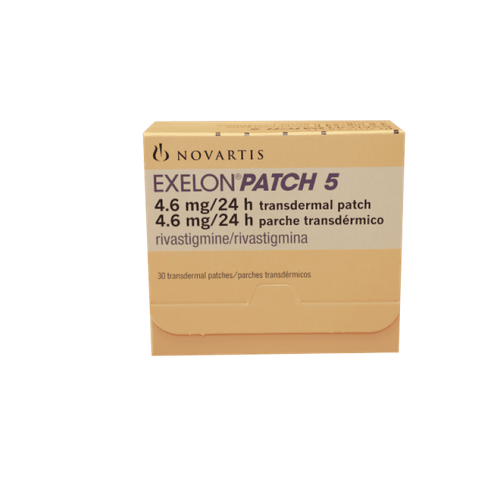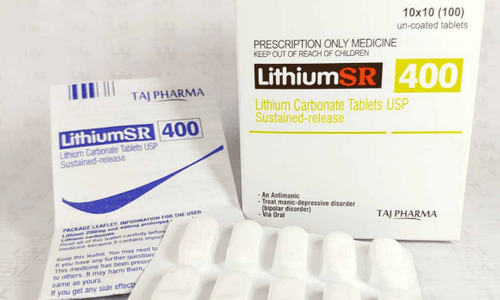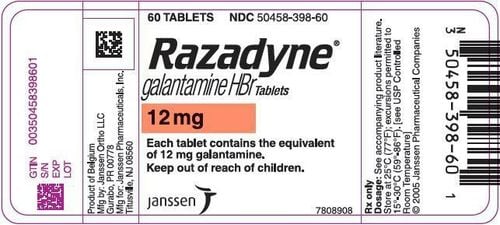This is an automatically translated article.
Health problems always regardless of age. The fact shows that more and more young people suffer from memory impairment of varying degrees. Understanding the causes of memory decline in young people is the most useful way to develop preventive measures and promote mental health, helping to restore effective memory.
1. What is memory impairment?
Memory impairment is a phenomenon where the brain declines in function or the process of transporting information and memories to the cerebral cortex is stopped. The disease is also known by many different names such as cognitive impairment, memory impairment, memory loss syndrome, cognitive impairment... And whatever the name, the general rule Both describe the state of the brain and memory decline over time.
Recently, many studies have statistics that 85% of young people under 50 years old have at least one problem with poor memory, of which up to 20-30% in people under 30 years old, the rest are concentrated in their age. middle Ages. The above data show that this is an alarming situation because up to 50% of memory loss in young people will progress to dementia syndrome in the elderly, especially Alzheimer's disease.
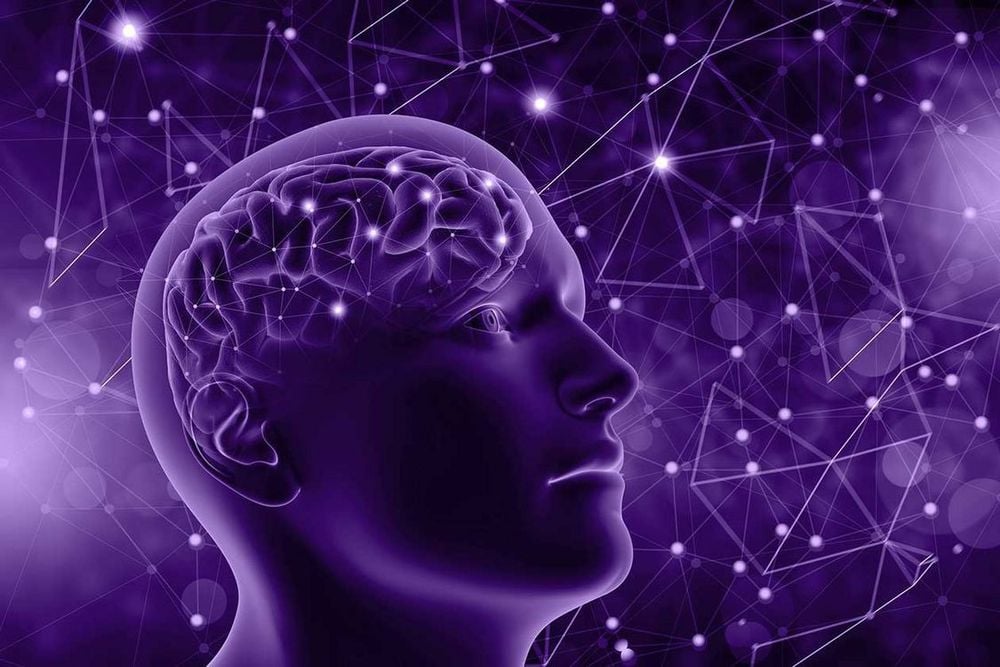
Suy giảm trí nhớ có nguy cơ cao tiến triển thành bệnh Alzheimer
2. Causes of memory decline in young people
2.1 Free radicals in metabolism
One of the most common causes of memory loss in young people is due to the effects of free radicals, which are born during the normal metabolism of the body every day. These free radicals often affect tissues that are rich in lipids, especially the brain, which makes up 60% of the body's lipids.
Therefore, in young people, metabolic activities take place strongly, producing many free radicals and increasing the risk of damaging nerve cells, especially if the body has to consume fast foods, foods high in energy, stimulants or in a state of stress, insomnia... Finally, the brain is damaged and causes memory impairment in young people.
2.2 Memory loss due to depression and stress
The life of young people will mostly face a lot of pressure from work, study, polluted environment ... easily leading to stress. Nervous tension makes it difficult for us to concentrate because stress directly affects the cognitive nerve center and reduces the speed of reaction to things, making it difficult for people to concentrate, easily disperse thoughts and solve problems. slow problem solving. Over time, brain function declines and memory gradually declines.

Stress kéo dài là nguyên nhân gây suy giảm trí nhớ ở người trẻ
2.3 Sleep disorders
Sleep is very important to health, sleep is the time when the body rests, regenerates energy and eliminates toxins, and brain waves will be generated to store information while sleeping. transmits that information to the prefrontal cortex and stores the memory there.
Lack of sleep, not getting enough sleep causes the information flow to the prefrontal cortex to stagnate and cause short-term memory loss or forgetfulness. Sleep needs of each person is 7-8 hours a day, the quality of sleep must be deep enough, after sleeping the body must be awake and not tired and must eliminate the influence of external factors.
Therefore, to have a good night's sleep, to help the body store memories effectively, we need to eliminate the pressures, stress in life, nutrition, scientific exercise, limit or not use use stimulants such as alcohol, beer, coffee, tobacco. At that time, the brain will be restored, stress and stress will also be released, the risk of brain damage, memory impairment will also be eliminated.
2.4 Work overload
When the body has to do too many things at the same time, the brain will be overworked and that is one of the causes of memory decline in young people. It is best that you focus on doing one thing well at a time, arrange your work properly to avoid having to solve many problems at the same time to limit the risk of memory loss.
2.5 Nutritional deficiencies
Nutrition is also an integral part of a healthy brain. Problems such as iron deficiency anemia make us tired, dizzy, pale skin combined with the pressures of life can also lead to memory decline in young people.
In addition, some minerals, especially vitamins of group B (B1 and B12) when deficient also negatively affect memory. Vitamin B1 helps maintain the production of neurotransmitters, which affect mood, memory and thinking. Vitamin B1 deficiency causes Wernicke-Korsakoff syndrome, which causes short-term or long-term memory loss.

Thiếu vitamin B1 có thể dẫn đến suy giảm trí nhớ
3. How does memory loss affect young people's lives?
Studies show that nerve cells degenerate in the over 20s. From the age of 25 onwards, every day up to 3,000 brain cells die without producing more. Meanwhile, external factors and internal free radicals negatively affect neuronal degeneration, which is more powerful, and ultimately affects memory and has a negative impact. to the lives of young people.
3.1 About work
Subjects with memory impairment are often absent-minded, lack of focus on studying or working. The decline in memory capacity also causes thinking and thinking about problems. Therefore, the patient often reacts slowly to everything and is no longer able to respond to tasks and lessons.
3.2 About life
The effects on the life of patients with memory loss can manifest in simple things such as: forgetting to bring money when going to the market, not remembering to turn off the lights when going out... Over time, the patient changes his mind. mood and behavior, emotions, irritability and affect surrounding relationships.
3.3 About health
Experts confirm that if memory decline in young people is not resolved in time, within 3 years, it may turn to dementia.
At that time, the brain gradually loses the ability to control functional organs and seriously affects health, possibly even death. When dementia has occurred, brain cells are damaged and no longer able to recover, including: brain cell death, brain atrophy, brain blood vessel damage or white matter damage.
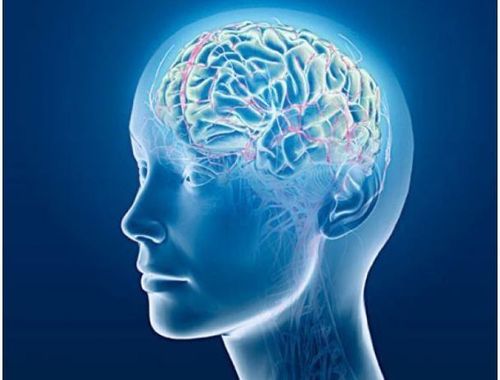
Suy giảm trí nhớ ảnh hưởng nghiêm trọng đến chức năng não
4. Treatment of memory impairment in young people
When memory impairment has not yet taken place seriously, it is necessary to have early treatment measures to prevent further progression. The most important thing is still to change healthier living habits:
Exercise and sports are a good way to help promote the circulatory and respiratory systems, increase oxygen and nutrition for the brain. Limit the risk of stress, stress - the leading cause of disease. We can meditate, yoga helps improve mood. These gentle physical activities help circulate blood in the body, especially blood to the brain and help the nervous system work better. Reasonable diet: Limit foods high in carbohydrates and sugar, stimulants such as alcohol, tobacco, carbonated drinks. Instead, use healthy and nutritious food sources for the brain such as sea fish (rich in omega-3 fatty acids), foods rich in B vitamins (mushrooms, milk, cereals ..), foods rich in choline found in poultry eggs. Practice memorization with brain games for 15-30 minutes a day instead of wasting too much time on social networks. Periodic health check-ups help detect diseases early, thereby planning treatment for optimal results. Currently, Vinmec International General Hospital has general health checkup packages suitable for each age, gender and individual needs of customers with a reasonable price policy, including:
Health checkup package diamond general health check-up package Vip special health check-up package Comprehensive general health check-up package Standard general health check-up package Patient's examination results will be returned to your home. After receiving the results of the general health examination, if you detect diseases that require intensive examination and treatment, you can use services from other specialties at the Hospital with quality treatment and services. outstanding customer service.
To register for examination and treatment at Vinmec International General Hospital, you can contact the nationwide Vinmec Health System Hotline, or register online HERE.




